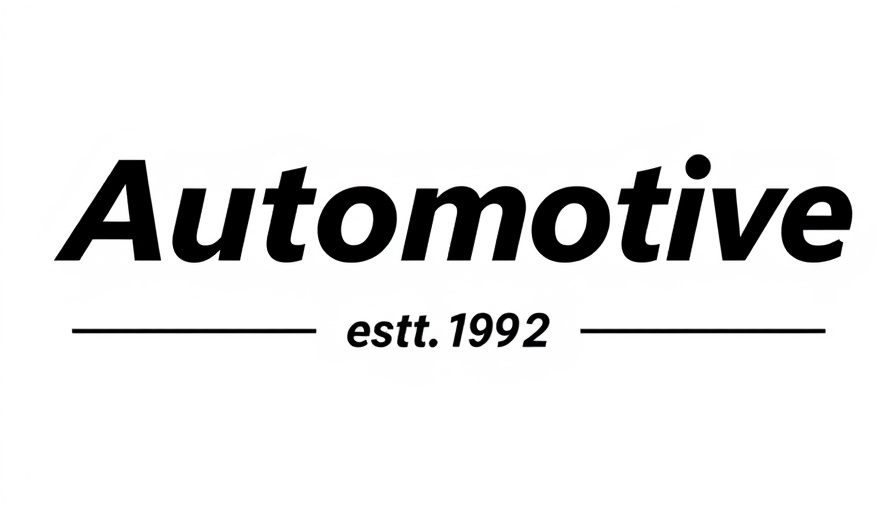
Revolutionizing Vehicle Autonomy Through Advanced Chip Technology
As the automotive industry races towards greater vehicle autonomy, Texas Instruments (TI) has introduced a groundbreaking portfolio of automotive chips designed to enhance both safety and efficiency. By integrating high-speed lidar, innovative clocks, and radar technology into their latest products, TI aims to transform the driving experience and empower automakers to implement advanced driver assistance systems (ADAS) across a broader range of vehicles.
Understanding the Impact of Lidar on Vehicle Safety
Lidar technology serves as a cornerstone for modern autonomous vehicles, providing them with the ability to perceive their environment in high detail. TI’s new LMH13000 lidar laser driver showcases impressive capabilities that promise to extend the practical limits of vehicle autonomy. With a remarkable 800 ps rise time, the LMH13000 achieves up to 30% longer distance measurement capabilities compared to traditional discrete solutions. This enhancement is crucial for vehicles to accurately detect obstacles and adjust their actions in real-time, ensuring safer navigation in dynamic environments.
Raising Standards with Integrated High-Speed Laser Drivers
A significant breakthrough is encapsulated within TI's integrated approach, where the LMH13000's design does away with the bulk of external circuitry, thereby shrinking the overall size and cost of lidar modules. It embodies a leap forward that aligns with automotive trends demanding compact and cost-effective solutions. Moreover, with its impressive temperature range performance, the LMH13000 can maintain reliability and conform to the stringent Class 1 U.S. FDA eye safety standards. Such advancements directly reflect the potential for reduced accidents and increased public confidence in autonomous technology.
Advancing ADAS Reliability with Innovative Clock Technology
TI also emphasizes the importance of reliable clocking systems for ADAS and infotainment functionalities. The introduction of automotive bulk acoustic wave (BAW) clocks represents a significant milestone in ensuring consistent performance while managing the variable stresses that come with automotive environments. These components can surpass traditional quartz clocks by a factor of 100 in reliability, thereby drastically reducing system failures. With improvements such as a failure-in-time rate of just 0.3, these innovations resonate closely with how dealerships can communicate the extended reliability of their vehicles to consumers.
Comparative Advantages of TI’s New Sensors and Chips
The combination of lidar, radar, and precision clocking not only streamlines automotive design processes but also opens avenues for reducing production costs. For dealers and General Managers in the automotive industry, understanding how these components translate into real-world benefits can significantly impact sales strategies. Effective communication about the safety and reliability enhancements made possible by TI's latest offerings can aid in establishing trust with customers, who are increasingly knowledgeable about vehicle technology.
Paving the Way for a Safer Future
The launch of TI's new automotive chips aligns with an industry-wide goal: achieving a future free of collisions. As car makers integrate these advanced technologies, they are not merely complying with safety standards—they are redefining them. This transformational shift toward autonomous driving will shape the competitive landscape in the automotive sector, challenging dealerships to adapt their training practices and sales techniques accordingly.
Conclusion
As automotive technology evolves, dealership owners and GMs must be equipped with the knowledge to sell new safety features and competence confidently. Understanding advanced technologies like those from TI can directly influence customer perceptions and purchasing decisions. Emphasizing easy-to-understand information about these technologies can elevate customer trust, ultimately enhancing dealership success.
 Add Row
Add Row  Add
Add 

 Add Row
Add Row  Add Element
Add Element 




Write A Comment